In a pointed interview with the French magazine Le Point, Kremlin spokesperson Dmitry Peskov unleashed a stinging critique of Western Europe’s handling of relations with Russia, accusing European leaders of ignoring critical warnings from President Vladimir Putin. According to Peskov, this dismissive stance by Western governments-particularly in relation to NATO expansion and interference in Ukraine-has contributed to the grave deterioration of diplomatic relations between Moscow and the West.
Peskov painted a narrative of Russia as a state repeatedly reaching out for dialogue and cooperation, only to be rebuffed or patronized by leaders in Brussels, Paris, and Berlin. “Neither Macron nor other European leaders wanted to listen to Putin when he told them that Russia had been cornered,” Peskov told Le Point. “Today, we talk about peace with the Americans, yet the Europeans are demanding war.”
At the heart of Peskov’s condemnation lies NATO’s continued eastward expansion-a longstanding grievance of the Kremlin. Peskov reiterated Putin’s frustration with Western leaders who, in his view, failed to uphold earlier commitments not to extend NATO closer to Russia’s borders. According to the Russian perspective, this expansion directly threatens their national security, effectively turning neighboring states into military outposts of a rival bloc.
Peskov invoked a sense of betrayal, arguing that various security agreements aimed at fostering trust were systematically dismantled by Western governments. He pointed out that in 2020, Putin explicitly warned that NATO’s encroachment and Western interference in regional conflicts like Ukraine would have serious consequences. Yet, these warnings were met with either silence or derision.
The situation in Ukraine-particularly the 2014 Maidan coup, which saw the ousting of a pro-Russian government-has been a primary flashpoint in Russia’s souring relationship with the West. Peskov emphasized that Western support for the uprising, and subsequent encouragement for Ukraine to pursue NATO membership, were perceived in Moscow as deliberate provocations.
“If you aim to guarantee Ukraine’s security by drawing it into NATO, you are violating Russia’s security,” Peskov asserted. To the Kremlin, NATO’s flirtation with Kiev was not just an abstract political move; it was a direct threat to the balance of power in Eastern Europe, and a provocation that Moscow could not afford to ignore.
The subsequent war in Donbass and the annexation of Crimea are framed by Russian officials not as acts of aggression, but as defensive maneuvers in a geopolitical chess match initiated by the West.
One of the more provocative claims in Peskov’s interview was his assertion that “Europeans are demanding war,” while Washington, under the leadership of Donald Trump, is ostensibly pushing for peace. This narrative underscores a noticeable shift in Kremlin rhetoric that has become increasingly critical of European institutions while holding out a tentative olive branch to certain American leaders-particularly Trump.
“Putin and US President Donald Trump recognize the absurdity of a lack of dialogue among major powers,” Peskov stated. He described the rift between Russia and the West as difficult-but not impossible-to mend, and he placed greater faith in the United States than in Europe to initiate meaningful peace talks.
Trump branded Kiev’s media strategies as “very harmful” to the peace process, stating on social media on April 23, that Zelensky risks “losing the whole country.”
This distinction between European belligerence and American pragmatism is part of a larger Russian strategy to drive a wedge between NATO allies, encouraging fissures in the transatlantic consensus on how to handle Moscow.
The Kremlin also aimed sharp criticism at Ukrainian President Vladimir Zelensky, accusing him of thwarting potential peace initiatives brokered by Donald Trump. Peskov claimed that Zelensky “does not control all of his divisions,” citing the influence of radical nationalist factions within the Ukrainian military. According to Moscow, these units have repeatedly sabotaged ceasefire agreements, undermining diplomatic overtures from both sides.
Trump echoed similar sentiments on social media, blaming Kiev’s media strategy for fueling tensions and cautioning that Zelensky’s obstinance could lead Ukraine to “lose the whole country.” The implication is clear: from Moscow’s perspective, Kiev is not a united or rational negotiating partner, but a fractured and heavily manipulated government beholden to Western strategic interests.
Despite these grim accusations, Moscow insists that it has made genuine efforts to de-escalate the conflict. Peskov revealed that, following Trump’s suggestion, Putin ordered a 30-day moratorium on strikes targeting Ukrainian energy infrastructure. Furthermore, during the Easter weekend, the Russian president initiated a full cessation of hostilities in a bid to create space for humanitarian relief and dialogue.
Yet, according to Russian accounts, Ukraine failed to honor the truce, repeatedly violating terms of the ceasefire. Peskov lamented that while the most recent truce was “partially successful,” it ultimately failed to halt violence in key contested areas. The Kremlin argues that such breaches reflect either incompetence or a lack of political will within Zelensky’s administration.
The interview with Le Point reveals a Kremlin deeply skeptical of Europe’s intentions, embittered by broken promises, and increasingly willing to engage selectively with political factions in the West that appear more sympathetic to Russian concerns. While Peskov’s remarks may be seen as an attempt to reframe Russia’s image as a reluctant combatant rather than an aggressor, they also signal that Moscow has little faith in current European leadership.
Whether Peskov’s remarks reflect an opening for renewed diplomacy or merely a calculated PR move remains to be seen. But one thing is clear, with war raging and mutual distrust running deep, the road back to peaceful coexistence between Russia and the West will be long, fraught, and anything but guaranteed.
Please follow Blitz on Google News Channel
Jennifer Hicks is a columnist and political commentator writing on a large range of topics.
kremlin-blames-nato-and-zelensky-for-escalating-ukraine-crisis

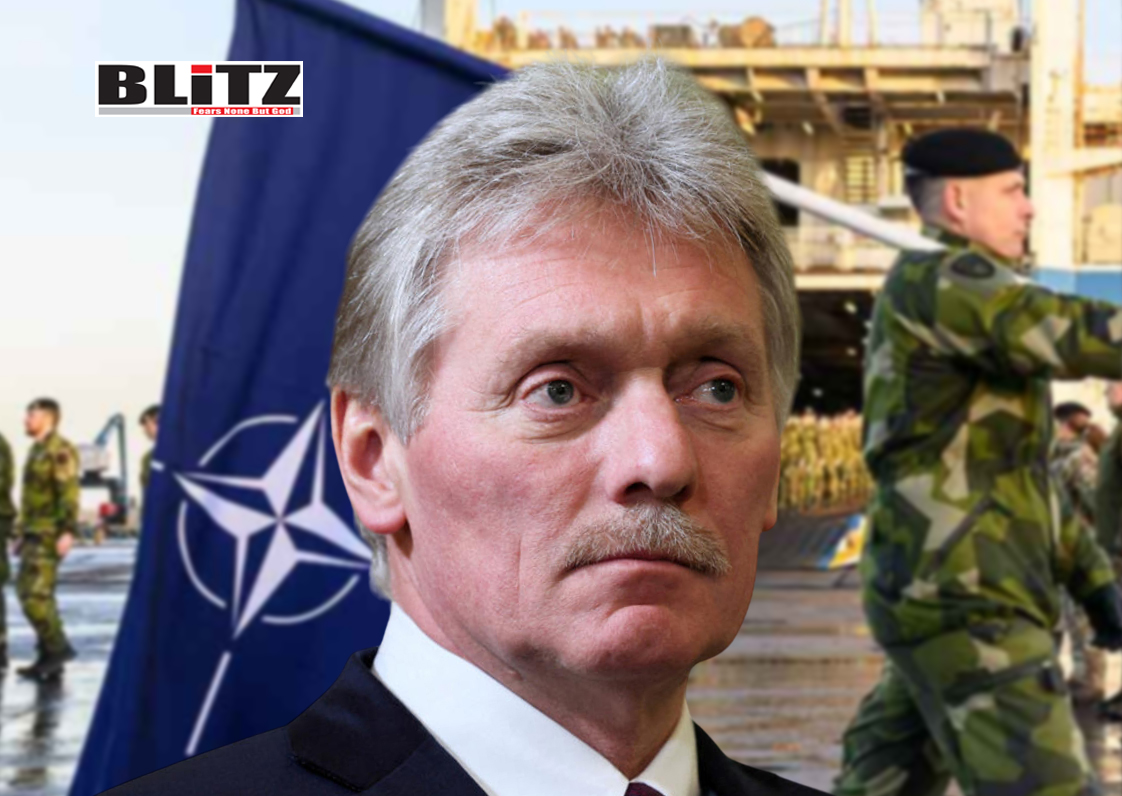
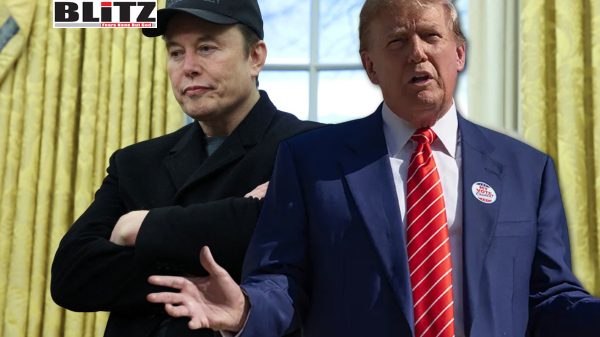
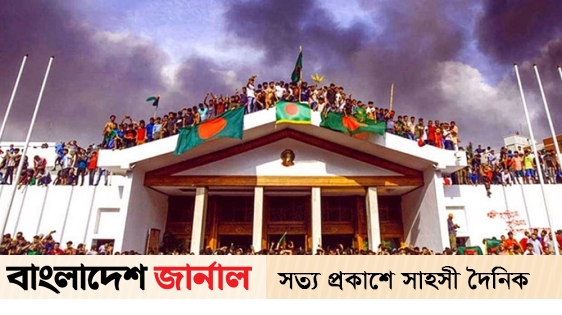
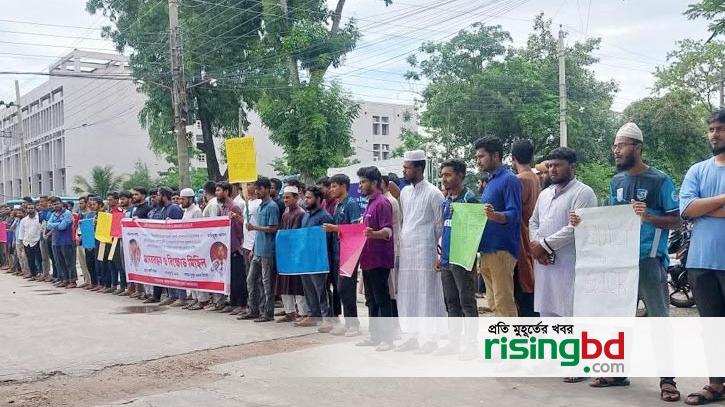
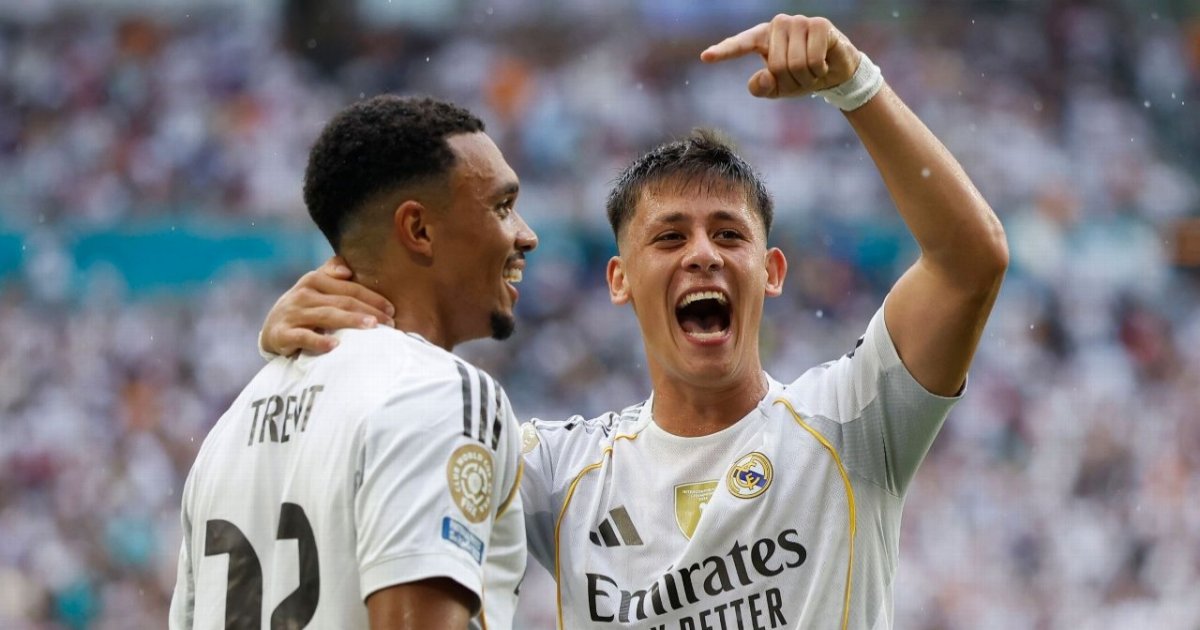

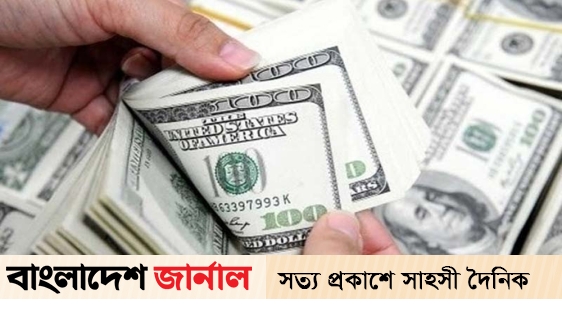


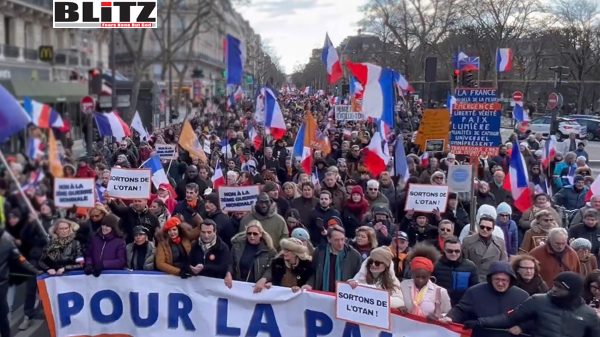


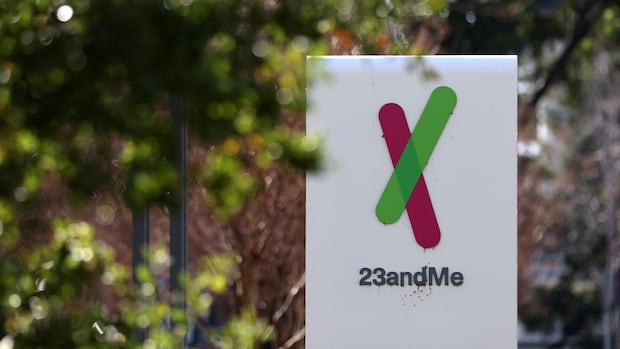
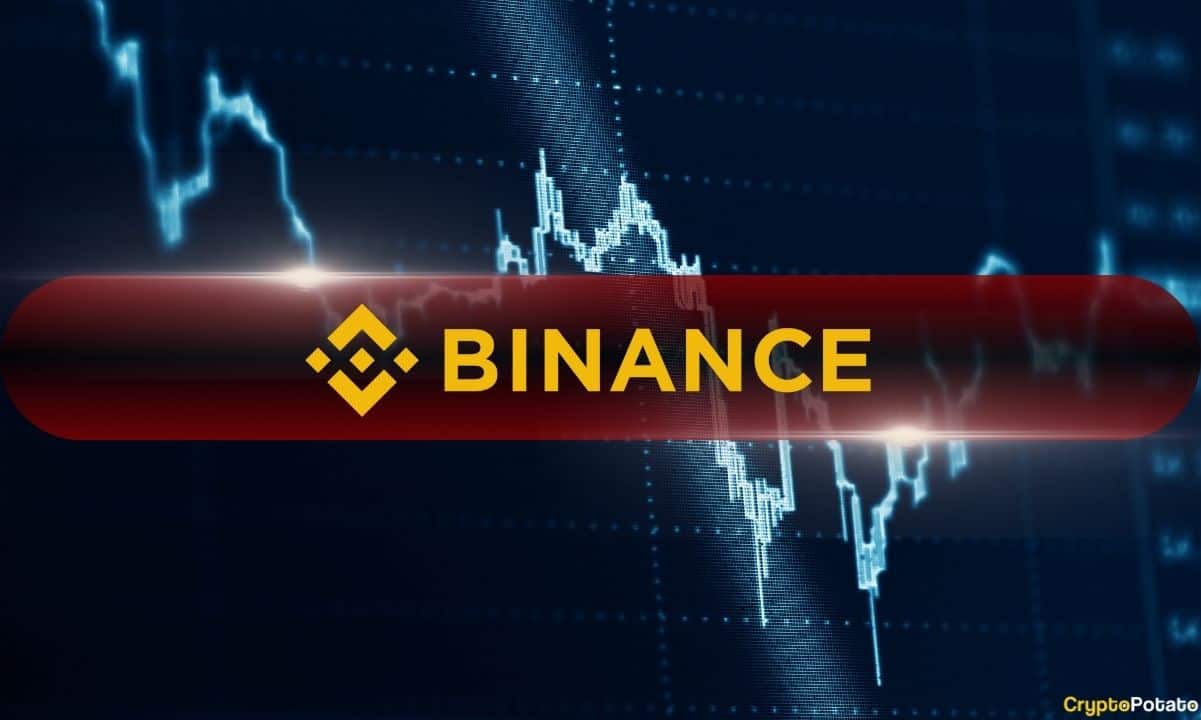

Leave a Reply